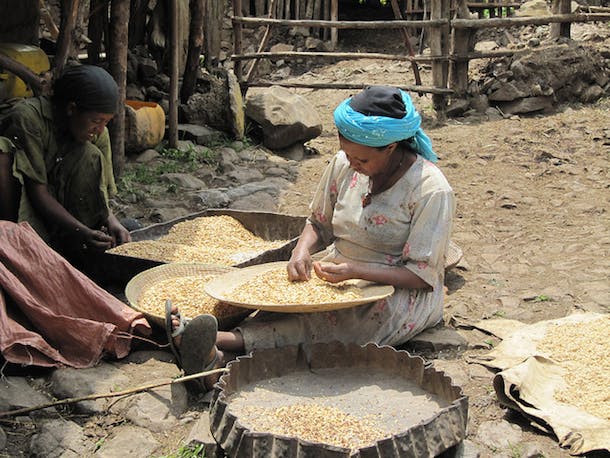
Editor’s Note: This post is part of a special series in honor of International Women’s Day. Right now, the United Nations Foundation blog features posts on the world we picture for girls and women and the issues we need to address to advance women’s equality and empowerment. Share what you picture for girls and women on Twitter with the hashtag #PictureIt.
As I held my son for the first time, I was overwhelmed with gratitude – grateful for our health, grateful for his safe delivery, and grateful for the fact that my husband and I were as prepared as we possibly could be for his arrival.
There are few more personal – yet critical – decisions than whether or when to have a child. But for far too many, it’s not a decision at all. In fact, we know that there are more than 225 million girls and women around the world who want to delay pregnancy, but aren’t using modern contraception. This number has devastating implications: It keeps girls from staying in school, women from pursuing an income, and families locked into a cycle of poverty. And tragically, it means many girls give birth before their bodies are ready, making pregnancy a leading cause of death of adolescent girls in developing countries.
But we can change this.
This year, world leaders are outlining the new global development goals for the next 15 years, which will help shape what our world looks like for generations to come. If we want to get serious about achieving these goals, we need to get serious about access to family planning. The evidence is clear: Family planning is a powerful, cost-effective solution to achieving progress on all of our global development goals, from global health to the environment to gender equality. Family planning allows girls and women to be healthier, more educated, and more economically empowered. In turn, their families are stronger, communities are more prosperous, and nations thrive.
My son has given my work with the UN Foundation’s Universal Access Project a new purpose. He will turn 16 in 2030, and like every parent, I am determined that he will grow up in a better world. I picture a world where every person – regardless of where they are born – has the power to determine their own future. But this world won’t be possible without investing in the needs and rights of girls and women first.
This International Women’s Day, join me in ensuring that by 2030, access to family planning is a fundamental right. Together we can create a better world for us all.



 View All Blog Posts
View All Blog Posts